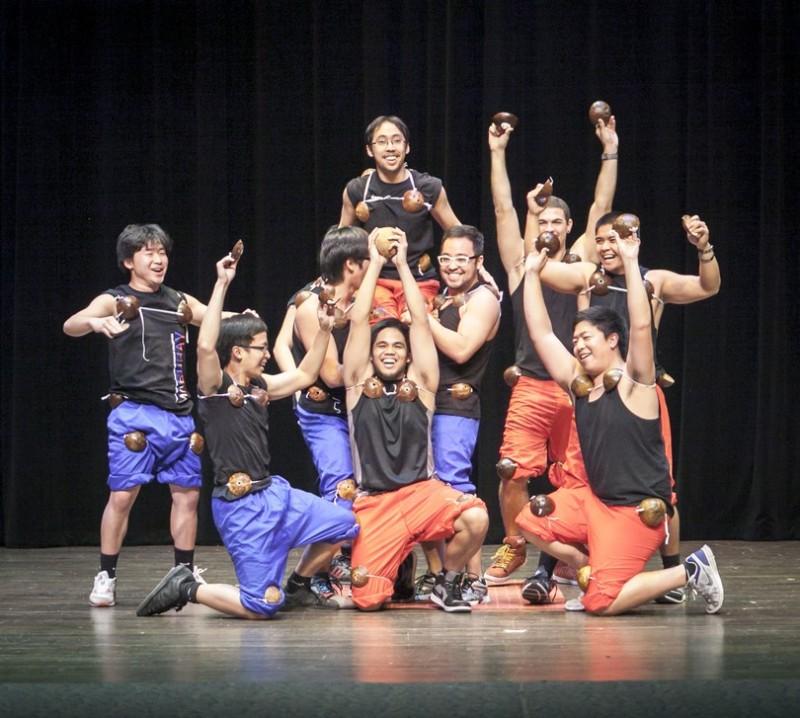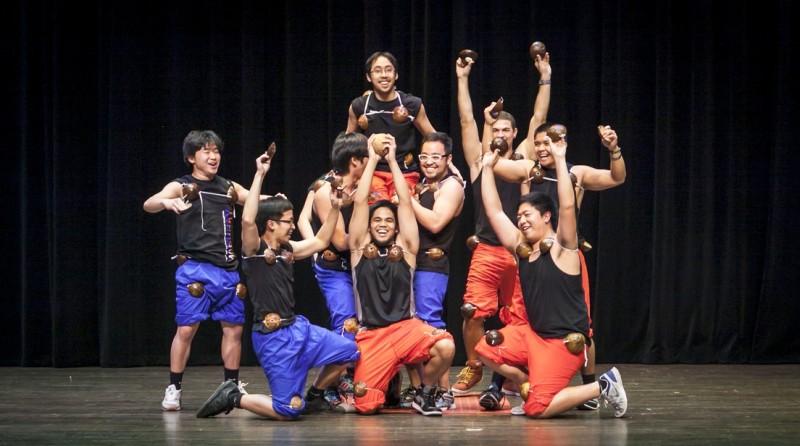At 7:30 p.m. tomorrow, Trinity’s Filipino Student Association will host Mabuhay””an event that combines cultural food and performance””in Laurie Auditorium.
“Most of us here are Filipino-Americans, so a lot of the times we try to showcase the Filipino-American aspect of our culture,” said Lawrence Pasaoa, a senior. “That involves kind of mixing in traditional dances with very modern dances.”
The majority of the Mabuhay performances involve dancing, but singing performances are often included. Many of the dance styles are unique to the Filipino culture.
“I’m choreographing a coconut dance,” Pasaoa said. “It’s a cultural dance, and we go by the name “˜Coco-Bros.’ I’m also dancing a Tinikling dance. It involves two bamboo poles that you clap together and you dodge them to the music. It’s kind of dangerous, but that adds to the thrill of it.”
Pasaoa grew up learning and dancing the coconut dance, but only watched others””such as the Tinikling””being performed. Traditional dances in Trinity’s Mabuhay have provided first-hand dancing experience for other students as well.
“I’m in a candle dance, where we balance one candle on our head and one in each hand while we dance. They aren’t real candles; Laurie probably wouldn’t stand for that,” said Tess MacApinlac, a senior. “But the traditional dance is with real candles or glasses of water, because that is equally challenging.”
The word “mabuhay” means “to live” or “to thrive” in the Filipino language. The word is often used as a greeting, toast or welcome to others.
“Our Mabuhay Festival at Trinity serves to do just that; we want to welcome the Trinity community to share in our Filipino-American heritage through our love for both performances and food, two things that tend to bring life to people around them,” Pasaoa said.
Though the event is representative of the Filipino culture, Mabuhay welcomes students from all different backgrounds to participate in the performance.
“I first became involved because I really love dancing, and they do so many different styles,” said Lucas Poliak, a senior. “I come from a Mexican cultural background, so I think it’s really cool to learn about other cultures.”
This year’s Mabuhay will feature many students who are participating in the event for the first time. Most students who perform tend to return for the following years.
“Just getting to know the people””the seniors, juniors and everyone who was involved””they all really loved it and I really got to love it,” MacApinlac said. “So they asked me if I wanted to be an officer and I said yes. I’ve been a part of Mabuhay ever since.”
As president of FSA, MacApinlac worked with her team of officers to put on this year’s Mabuhay, the organization’s biggest event.
Previously, Mabuhay was held in the spring. However, with October being Filipino Heritage Month, FSA decided to move the event to the fall this year.
“I’m inviting everyone to come dance and participate,” Poliak said. “Everyone should come and try it out; you don’t even have to be a good dancer. There really is something for everyone.”
Mabuhay is a free event and is open to the Trinity community.








